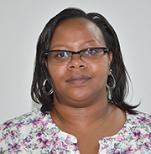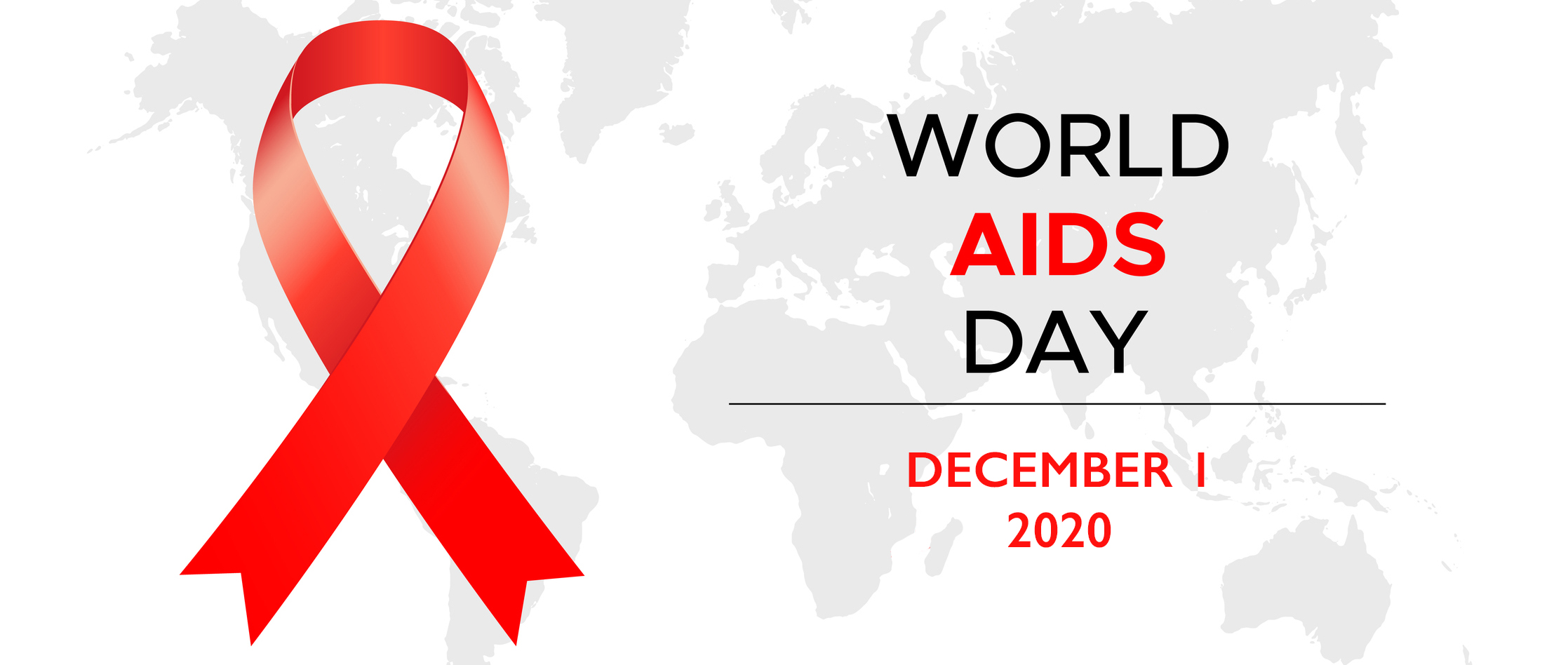Kenya
 By Dr. Caroline Ng’eno
By Dr. Caroline Ng’eno
Kenya Country Director
Kenya has done very well in terms of scaling up HIV treatment, and the University of Maryland, Baltimore through Ciheb is proud to have participated in making this happen. World AIDS Day offers us an opportunity to reflect on our programs’ impact, such as our Boresha Maabara program, which increased viral load coverage from 600 annual tests in 2015 to an estimated 1.6 million annual tests in 2020.
Although progress has been made, there is still much more to do. Ciheb’s vision in Kenya is to continue strengthening the public health response by providing quality health services, capacity building, enhanced surveillance, and by contributing to the global health security agenda. With our four active programs in country, we work closely with key stakeholders to bring our vision to fruition through effective and timely programming. We are providing harm reduction for people who inject drugs, interventions in smoking treatment for people living with HIV (PLHWIV), working with county health management teams to move quickly toward epidemic control, helping build diagnostic capacity at the national and local level, and working with counties to provide integrated HIV and tuberculosis (TB) prevention, care, and treatment services to more than 120,000 PLWHIV.
The COVID-19 pandemic has presented a challenge for HIV and TB programming, with accessibility to treatment by clients and the safety to staff and clients hardest hit. The implementation of control measures in a bid to slow down the spread of the infection has also resulted in health service disruptions and low service uptake.
Kenya has also seen a recent spike in COVID-19 cases and deaths, but we remain committed to working with the Ministry of Health and county governments to ensure the safety of Kenyans and PLWHIV. We have also worked with the Ministry of Health through the National Task Force on COVID-19, where Ciheb in Kenya is represented by the National Public Health Laboratories (NPHL). NPHL is responsible for coordinating COVID-19 diagnostic testing in the country as the national reference laboratory. With the county governments, we have implemented alternative strategies to ensure health service delivery continuity within communities including medication drop offs, priority home visits, set up of border posts for ART delivery for cross border patients, virtual direct observed therapy for patients failing treatment and online counselling for psychosocial support and medication adherence.
Our work everyday embodies this year’s World AIDS Day theme of “global solidarity, shared responsibility.” As with COVID-19 and TB, HIV can only be managed through the collaboration of different actors, sharing of knowledge and successes, and the ownership of forward progress at an organizational and personal level. As we celebrate World AIDS Day, we look to completing the last mile of the World Health Organization’s 95-95-95 goals in Kenya and across the globe, while improving the lives of the people we serve.
The Interim Country Director Caroline Ng’eno, MD, is a public health specialist with eith years' experience in management of HIV programs with a focus on health systems strengthening and providing initiatives to ensure quality health care for priority populations. Beyond her current role, she oversees a five-year PEPFAR Award supporting over 88,000 PLWHIV in Western Kenya, the region with the highest HIV and related disease burden.



